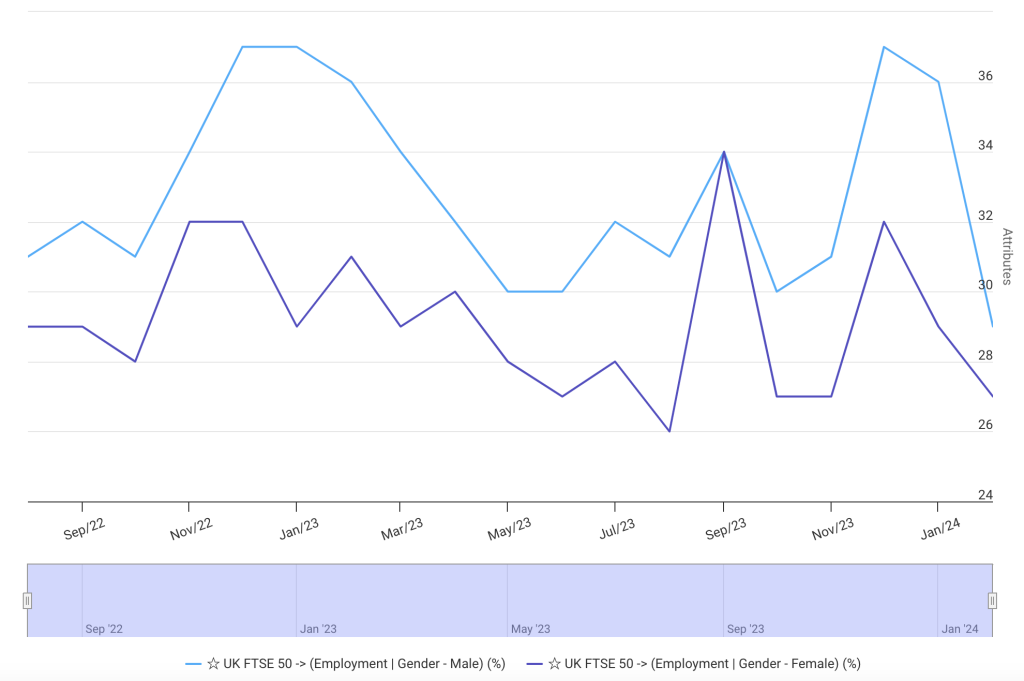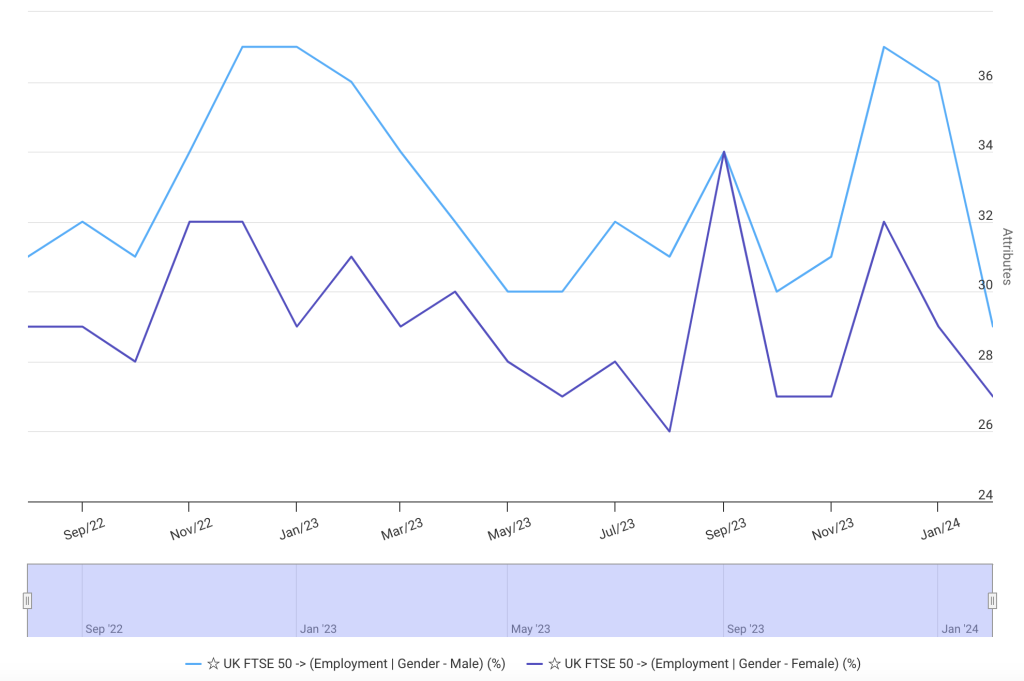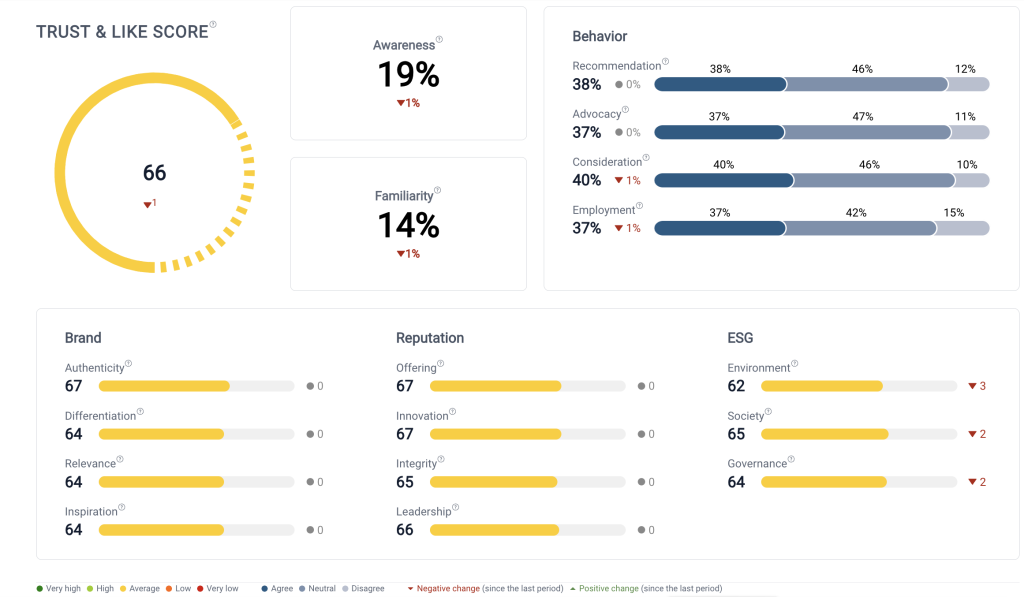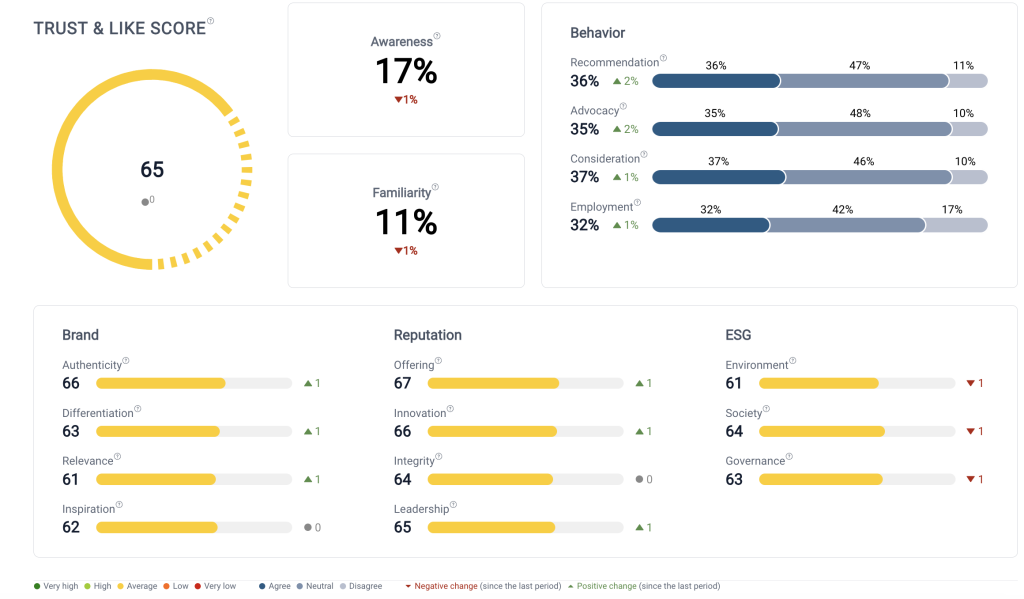

We sought to answer this question to honor the theme of International Women’s Day this year — Inspire Inclusion.
And we examined perceptions of companies on the FTSE 100 and the Fortune 500 to find out.
First, we looked at the percentage of men and women who say they’d consider those companies as places to work if they were looking for a job.
It turns out there’s long been a gap between those scores, showing women are less attracted to those companies as potential employers than men.

Image shows the percentage of men and women in the UK who would consider the top 50 companies in the FTSE 100 as places to work if they were looking for a job.
Twice last year — in January and May — that gap hit 19 percentage points in the United States.
What explains the persistent gap?

Image shows the percentage of men and women in the US who would consider the top 50 companies in the Fortune 500 as places to work if they were looking for a job.
One explanation might be that men and women perceive specific attributes of these companies differently.
Our final images reveal what those attributes might be.
Look first at the average perception scores for male respondents — and note the Relevance and Inspiration scores in the bottom left.

Image shows male respondents’ average scores (out of 100) for brand and reputation attributes of the top 50 companies in the FTSE 100 and the Fortune 500 (sample size: 12,006). Data collected between 1 March 2023 and 29 February 2024.
Now look at the same scores for female respondents — both are lower.
That means women don’t just relate less to what these leading companies stand for — they also find them less interesting.

Image shows female respondents’ average scores (out of 100) for brand and reputation attributes of the top 50 companies in the FTSE 100 and the Fortune 500 (sample size: 13,898). Data collected between 1 March 2023 and 29 February 2024.
In other words, other corporate attributes — from a company’s products to its ESG activity to its demonstration of leadership — don’t seem to matter.
If women don’t see a company as relatable or interesting, they’re less likely to want to work for it.
Food for thought for companies looking to inspire inclusion this year.